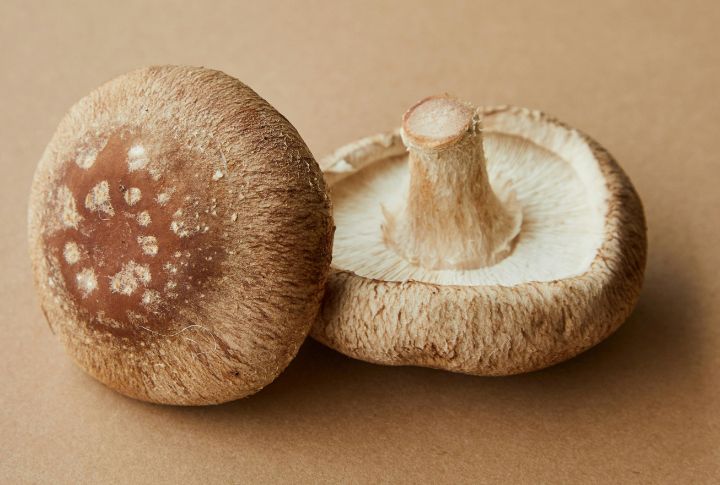
We use mushrooms as pizza toppings, but do you know they can do so much more? These little fungi pack a punch with benefits for our health and environment. Let’s explore ten ways mushrooms are more than a tasty treat. But note while they offer many potential benefits, it’s essential to consume only correctly identified, commercially, and organically grown mushrooms.
A Sustainable Protein Alternative
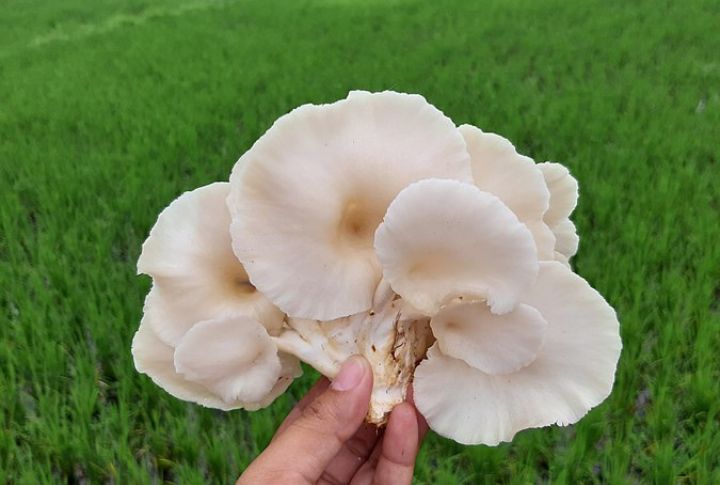
Mushrooms, particularly oyster and shiitake varieties, are gaining recognition as meat alternatives. Their meaty texture and umami flavor provide a satisfying option for those seeking to reduce meat consumption. While not as protein-rich as meat, they offer a good balance of nutrients, fiber, and minimal calories.
The Frontier Of Therapeutic Research
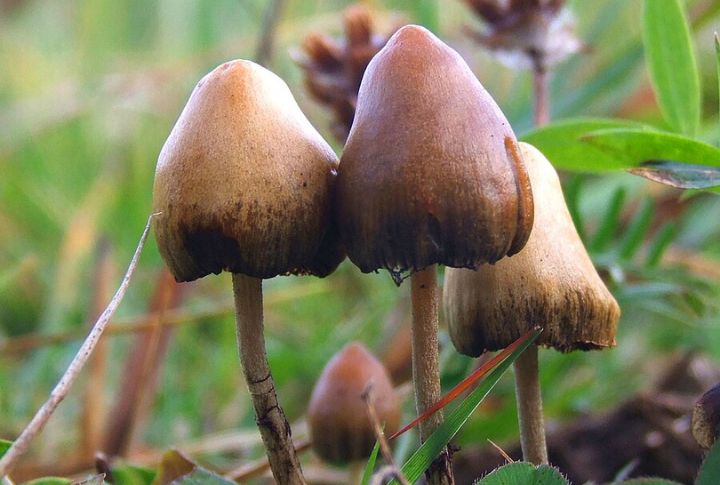
Some mushroom species containing psilocybin are currently being studied in controlled clinical trials for their potential therapeutic applications. This research, conducted under strict medical supervision and regulatory oversight, is investigating their possible role in treating conditions like treatment-resistant depression and PTSD.
Natural Source Of Antioxidant Compounds
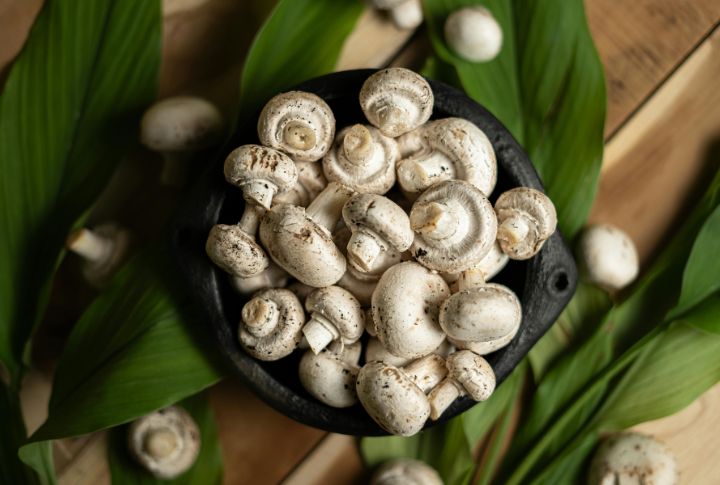
Mushrooms offer a plethora of antioxidant compounds that may help protect cells from damage. These include ergothioneine and glutathione, which research suggests could help support cellular health. While more research is needed to fully understand their effects, these compounds appear to support overall wellness.
Supporting Immune Function

Shiitake and maitake mushrooms are packed with beta-glucans, which help activate immune system cells. Research indicates these compounds may help modulate immune response, though more studies are needed to fully understand their effects on human health.
Nature’s Master Decomposers
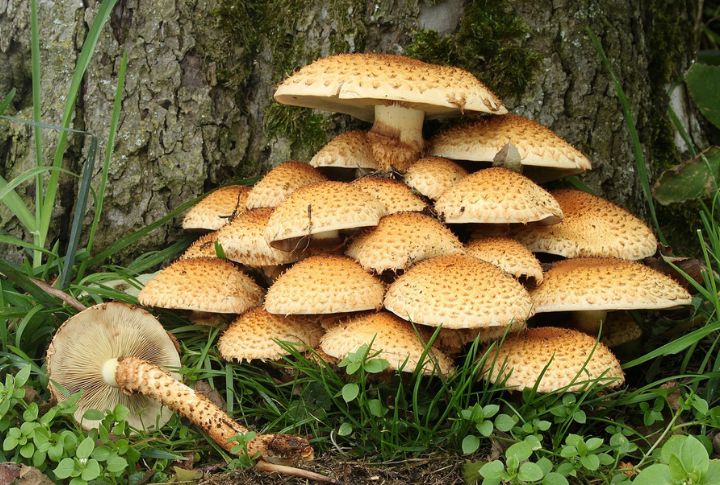
As members of the kingdom Fungi, mushrooms are essential decomposers in ecosystems. They decompose dead organic matter, releasing nutrients back into the soil that can be used by other organisms. This vital role helps maintain healthy nutrient cycles in forests and different environments.
Unique Vitamin D Synthesis

Unlike plants, mushrooms can produce vitamin D when exposed to UV light. This makes them one of the few non-animal sources of vitamin D, particularly beneficial for those following vegetarian or vegan diets. However, the amount can vary based on UV exposure.
Emerging Research In Cognitive Health
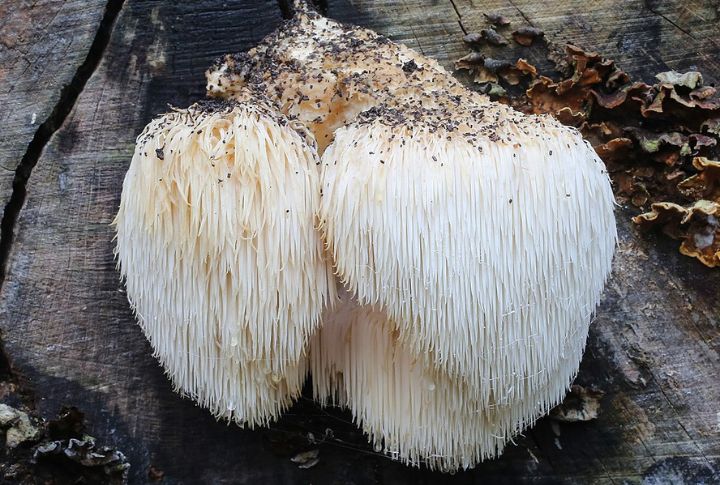
Recent studies on certain mushroom varieties, particularly lion’s mane (Hericium erinaceus), are studying their potential cognitive benefits. Early research suggests compounds in these fungi might support nerve cell health, though more clinical studies are needed to confirm these effects.
Beneficial Dietary Fiber

Mushrooms provide both soluble and insoluble fiber, which contributes to digestive health. This fiber helps support beneficial gut bacteria and promotes regular digestion. The fiber content also helps create a feeling of fullness, making mushrooms a satisfying addition to meals.
Cardiovascular Health Support
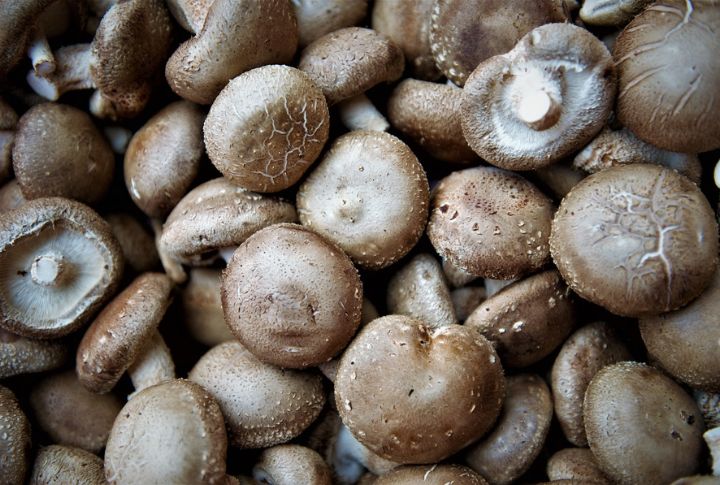
Research on certain mushroom varieties, particularly shiitake, suggests they may support heart health through multiple mechanisms. It is claimed that they contain compounds that may help maintain steady and healthy cholesterol levels and support overall cardiovascular function. These effects need further exploration before they can be fully understood.
Metabolic Health Properties

Preliminary research indicates that certain mushroom varieties may help support healthy blood sugar regulation. Their combination of fiber, beneficial compounds, and low caloric content makes them a valuable addition to a balanced diet, particularly for those monitoring their blood glucose levels.

